Search
Showing results for "1"

News & Events
Diabetes link to deadly diseasesNew research led by The Kids' PhD student Matthew Cooper has found that some children with T1D have an increased risk of developing vascular diseases.
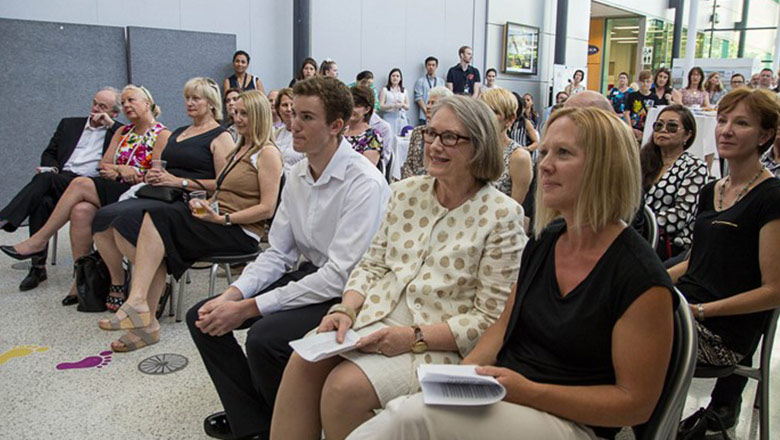
News & Events
Major focus for children's diabetes research in WAResearch into childhood diabetes in Perth has been given a major boost with the launch of the WA Children's Diabetes Research and Education Centre for Research Excellence (CRE) on the eve of World Diabetes Day.
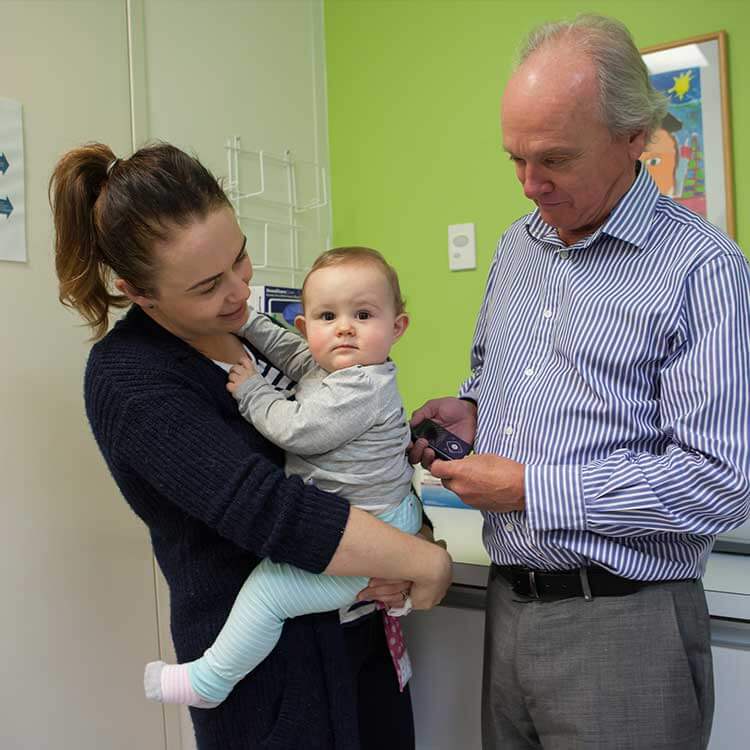
What would you discover to help a child? At The Kids, our researchers are committed to Type 1 Diabetes research that makes a real difference.
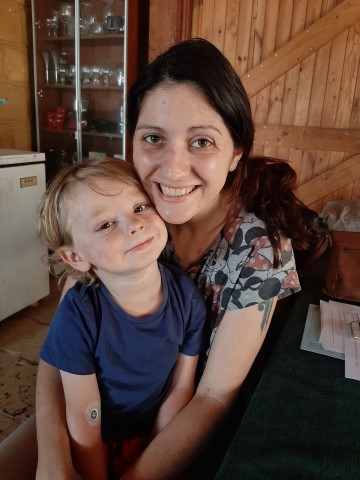
News & Events
ENDIA milestoneAustralia’s biggest study into the causes of type 1 diabetes recently recruited its 1500th and final participant right here in WA.

Browse the published work of the Centre's researchers
Research
Prevalence of celiac disease in 52,721 youth with type 1diabetes: International comparison across three continentsTim Jones MBBS DCH FRACP MD Co-head, Diabetes and Obesity Research Co-head, Diabetes and Obesity Research Areas of research expertise: Diabetes

News & Events
Congratulations VinuthaCongratulations to Dr Vinutha Shetty who has been awarded a Type 1 Diabetes Clinical Research Network’s Mentored Clinician Researcher Fellowship Award for 2017.
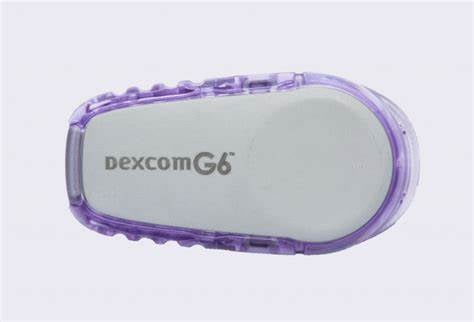
News & Events
Changes to the continuous glucose monitoring initiative from 1st March, 2022.The Dexcom G6 CGM system will be available through the NDSS to all our patients with Type 1 diabetes.
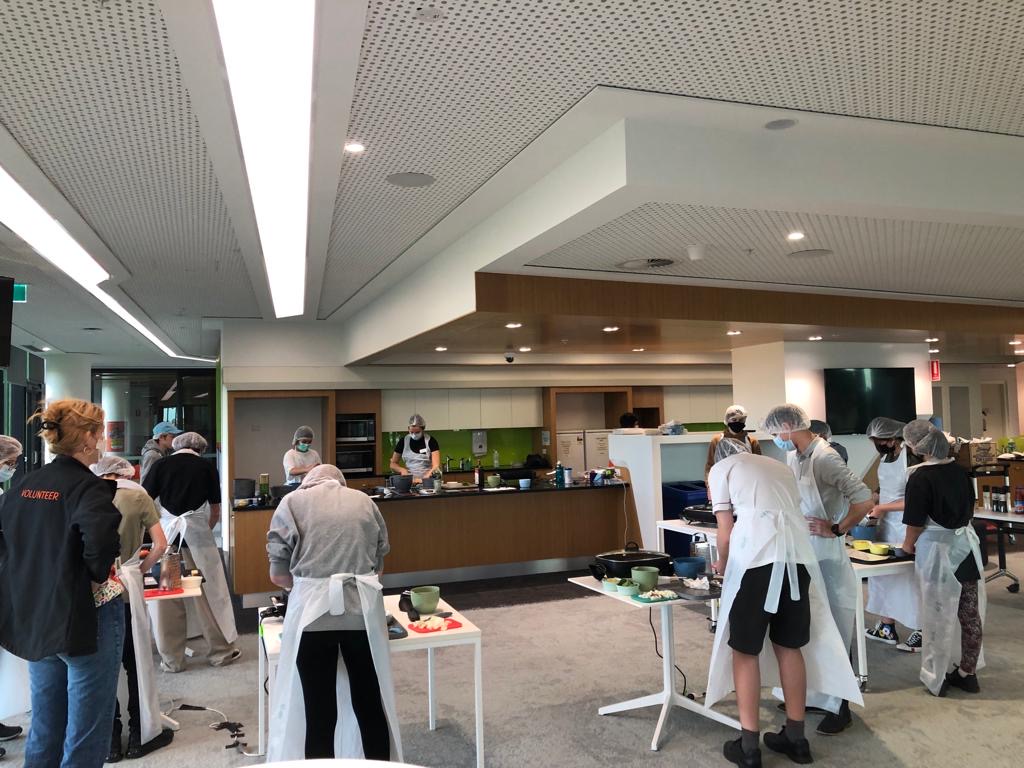
News & Events
Teaching Kitchensthe Teaching Kitchens program will start again on Thursday March 9 from 5-7pm, running for four weeks (every thursday evening).
Research
A phase 3 study of safety and immunogenicity of V114, a 15-valent pneumococcal conjugate vaccine, followed by 23-valent pneumococcal polysaccharide vaccine, in children with HIVTo evaluate the safety and immunogenicity of V114 [15-valent pneumococcal conjugate vaccine (PCV) containing serotypes 1, 3, 4, 5, 6A, 6B, 7F, 9 V, 14, 18C, 19A, 19F, 22F, 23F, 33F], followed by 23-valent pneumococcal polysaccharide vaccine (PPSV23) 8 weeks later, in children with HIV.
